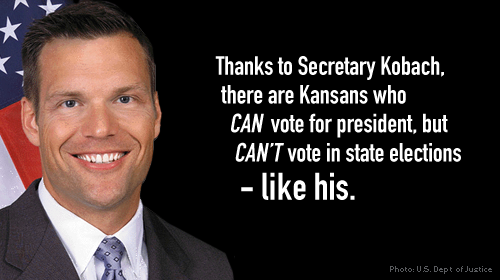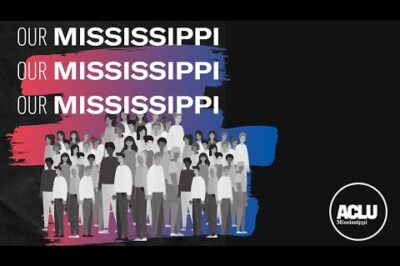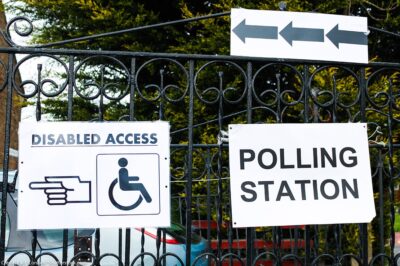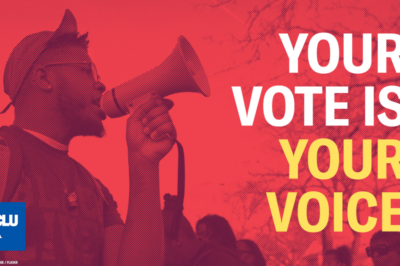
According to the state of Kansas, some voters are qualified to vote for President, but not for Governor or Secretary of State.
Why? The state has set up a two-tiered system for voter registration, arbitrarily separating voters into two unequal classes. Voters who register to vote using a state form can vote in all elections, but voters who register using the standard federal form can only vote in federal elections. These voters have done everything that they are supposed to do – complied with all federal legal requirements for voter registration, including providing proof of citizenship through an oath under penalty of perjury – but they are being arbitrarily denied the right to vote in state and local elections.
How did this happen? In an email to elections officials, without statutory authority and without undertaking the proper procedures for public notice and comment, the Kansas Secretary of State’s office simply assigned different rights to equally qualified voters. With a few key strokes, Secretary of State Kris Kobach created a brand new dual registration system, denying many new voters their fundamental rights.
To back up a minute: The U.S. Supreme Court ruled this summer that states could not add requirements (such as documentation of citizenship) to the federal form for voter registration, because federal law says that states have to accept the form as sufficient for its purpose. In response, Kobach decided to create a dual registration system that only accepts the form to register voters for federal elections. In order to vote in state or local elections, a voter has to go beyond the requirements of the form and provide additional documentation of citizenship.
This dual registration system separates voters into two unequal classes depending on the mechanism they use to register. If you’re wondering whether that’s fair, consider the fact that a dual registration system was used to suppress voter registration during the Jim Crow days of racial segregation, when the idea that “separate but equal” was acceptable. Today’s law also separates U.S. citizens into classes with disastrous effects. As recently as 1997, the U.S. Supreme Court blocked a dual registration system.
The dual registration system is only partially to blame for upending democracy in Kansas. Before Kobach unilaterally created this unjust dual registration, the Kansas state legislature used the fiction of noncitizen voting as an excuse for their campaign to shut thousands of eligible voters out of the state’s democratic process by adding the documentation of citizenship requirement. But we cannot find a single instance of a noncitizen using the federal form to register to vote in Kansas.
We can, however, find plenty of eligible voters who are not registered, or only registered for federal elections, because of Kansas’s new registration requirements. As of October, there were over 18,000 voter registration applications on hold in Kansas because the state hadn’t received citizenship documentation. Kobach said in July that he didn’t think the growing number of applications on hold was a “major problem.” If there are about 1.8 million registered voters in Kansas and about 18,000 are in suspension, that’s one in 100 voters.
We at the ACLU see that as a major problem, so today we filed suit to challenge this dual registration system in the case Belenky v. Kobach.
It all comes back to voters’ equality. Kansas cannot treat equally qualified voters unequally on the whim of the Secretary of State. If you are qualified to vote in the presidential election, you are certainly qualified to vote in Kobach’s re-election bid next year.
Learn more about voter registration and other civil liberties issues: Sign up for breaking news alerts, follow us on Twitter, and like us on Facebook.




